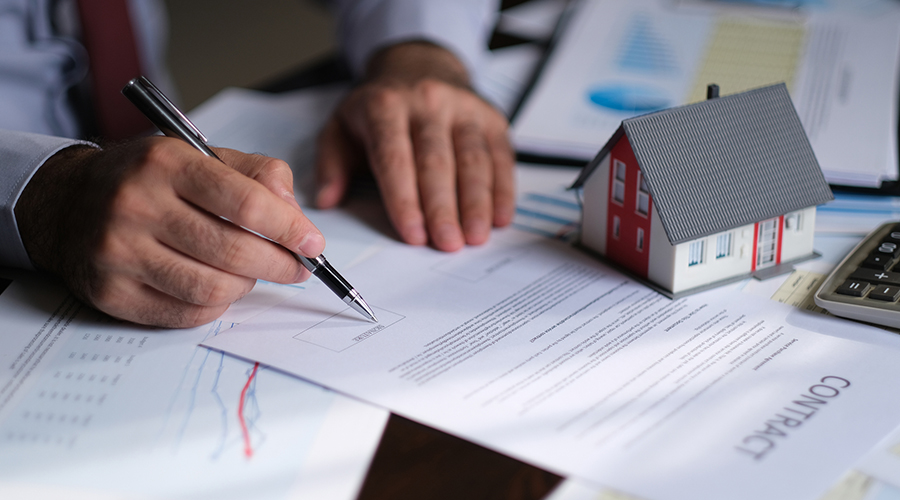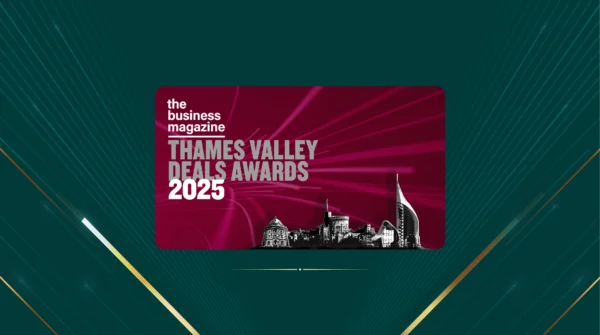

We’ve recently seen an alarming number of properties that are not registered which can cause disputes over boundaries or ownership, particularly when the property goes up for sale.
How do I know if my property is registered?
A simple way of checking if your property is registered is by doing a free map search with the Land Registry. We can assist you here and will quickly establish whether your property or that of a family member is registered or unregistered. If the property is unregistered, it’s important to first establish the location of the deeds to prove ownership. We are then able to apply to the Land Registry on your behalf to apply to have your property registered thereby giving you peace of mind.
How do you register a property?
- We submit an application to the Land Registry by using form FR1 (application for first registration)
- We’re required to provide evidence of ownership and title, usually through historical deeds – a key document will the original conveyance which will be the root of title
- Land Registry will examine the documents, confirm boundaries, and record the title
- After acceptance, the property is officially registered.
Why does first registration of a property matter?
- Provides security of ownership visible on an official Land Registry document
- Easier to transfer, sell or mortgage in the future
- Reduces disputes over property boundaries and ownership
- Ensures transparency and official records.










